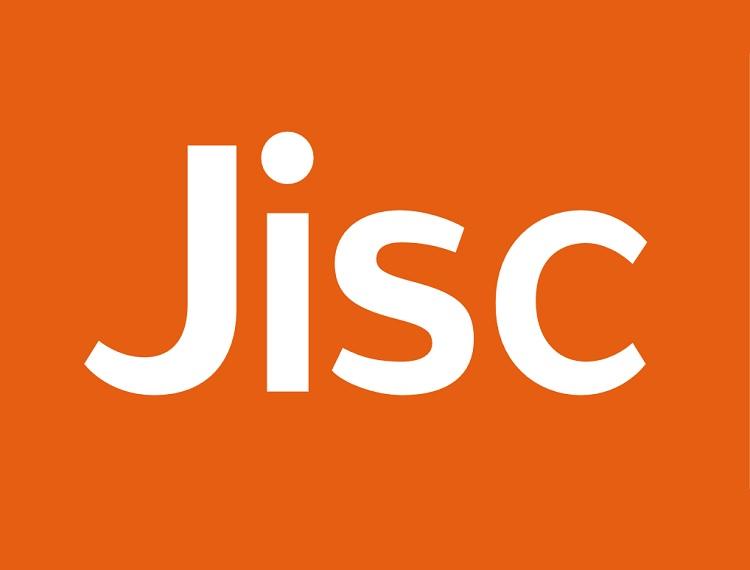Jisc and two education providers team up with Microsoft to boost digital skills

The four organisations will work together on a guide that lets students and staff to reflect on their digital skills, pointing them towards courses to help them improve.
The free tool is designed to create a generation of digital leaders who will thrive in workplaces that increasingly rely on technology.
It is thought that 65% of today’s students will end up working in jobs that don’t exist yet, and more than 500,000 highly-skilled workers will be needed to fill digital roles by 2022 – three times the number of UK computer science students who graduated in the past ten years.
Shri Footring, senior co-design manager at Jisc said:
“At Jisc we firmly believe that both students and staff need to be armed with the right skills when it comes to technology, in order to help them thrive in the workplace of the future, so we’re thrilled to have worked with Microsoft, University of Leicester, and Milton Keynes College on this important resource.
“Our recent survey of more than 37,000 students found that only 41% of students feel prepared for the digital workplace and we’re committed to supporting both students and staff to improve this statistic and gain the skills they need.”
Clare Riley, further education and higher education engagement manager at Microsoft, said it will help people from every background to achieve more in education and life. She said:
“Today’s world is digital and mobile, app-based and personal. To thrive in it, greater confidence around how best to harness technology and new digital skills are vital; but not everyone has them.
“Our easy-to-use online tool is designed to help you assess your digital literacy and capabilities and identify the necessary courses and resources to accelerate your learning, research capabilities or impact as a teacher. It will guide you through a three-level curriculum with plenty of free online resources to raise your digital readiness to new heights and help you become future leaders in business and academia.”
Penny Langford, head of e-learning at Milton Keynes College, added:
“We’ve worked in conjunction with Jisc and Microsoft to categorise key skills into three levels – bronze, silver and gold – depending on whether they will help drive productivity, creativity or innovation.
“For each level we’ve also developed three core learning paths, so you can take charge of our own development and navigate the necessary online courses and learning resources you need to succeed.”
Gold, silver and bronze courses
The new Microsoft resource uses the Jisc digital capability framework as a starting point, bringing in work done at the University of Leicester on developing personas as well a reward and recognition system developed at Milton Keynes College to create interactive, targeted development pathways.
Students, academics, researchers and administrators can take free online courses at gold, silver and bronze levels, depending on their skill level.
- Bronze courses offer information on how to work confidently, collaboratively and effectively in a digital world, and include help with Office 365 Education, OneNote, Sway, GDPR, the cloud, Microsoft Teams and using Skype in the classroom, among other topics
- Silver courses focus on creativity and collaboration, and look at accessibility, inclusion, Power BI, amplifying student voices and problem-based learning
- Gold courses are for anyone who wants to use technology to innovate and inspire others. These courses offer help with growing a professional network, searching for jobs and becoming a Skype Master Teacher to learn from other education professionals across the world











Responses